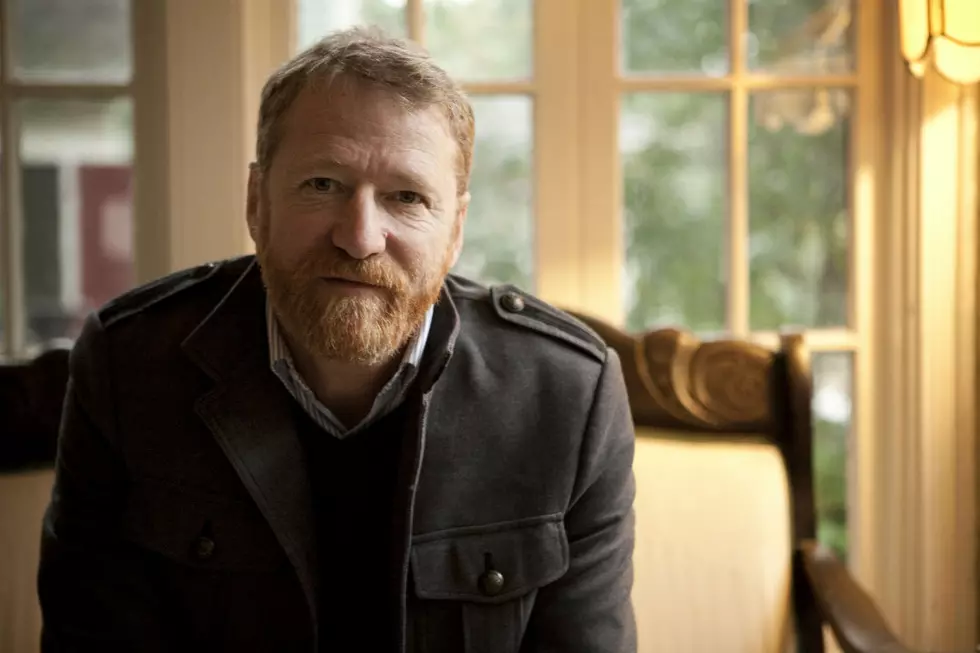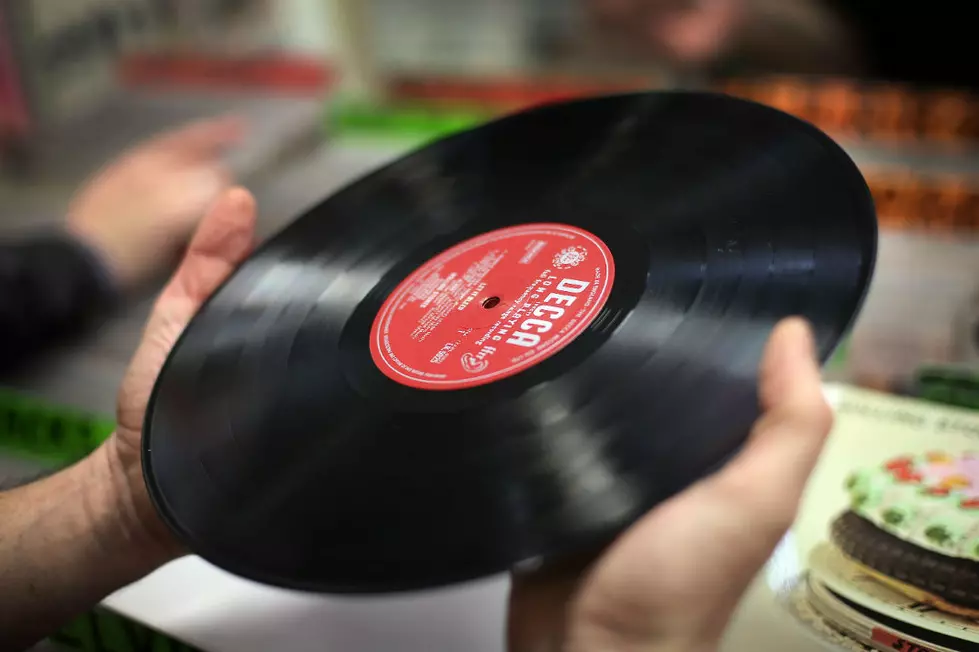
Could Spotify Nurture Creation the Same Way They Explore Curation?
Spotify gets criticized for caring more about tech than music. I would argue that Spotify's investment in tech, though, seems to be informed by a great desire to explore new ways to deliver music. It's a different strategy than Apple's investment in expert human curators -- it's certainly more about using technology as a means for curation -- but that doesn't make it less of a genuine effort to improve the way listeners discover music. In fact, Spotify's quest to deliver and curate music in better ways often means investing in off-beat ideas and bringing in smart and inventive people to do little more than create cool things.
One of those cool things: In July, the company released a "musical map" feature that allows you to navigate a map of the globe and see exactly what listeners in the city you select are listening to, relative to listeners across the globe. It's a fascinating tool that allows you explore the world and find music you'd never find otherwise.
Spotify's quest to deliver and curate music in better ways often means investing in off-beat ideas...
Another example of Spotify's seeming nerdiness-for-the-sake-of-it is a feature called Taste Rewind that generates a set of playlists, one for each decade between now and the '60s, based on my tastes. Fun for someone like me, who is fascinated by new ways to sift through the world's infinite store of music, this is great -- but probably not liable to catch on with the millions of Spotify users who want to find good music in two clicks or less.
And their Insights blog, while occasionally offering items that might be of industry interest -- like an analysis of the listening habits of users who have canceled their cable subscriptions -- is mostly full of for-the-hell-of-it musicological tidbits, like an analysis of the tastes of listeners in Portland, Ore., or a chart showing the most popular keys used in music uploaded to Spotify.
These are different ways of discovering or exploring music, and they don't really seem to have an immediate application for 90 percent of listeners. But they do set Spotify apart -- certainly other streaming companies are not this creative with the listener data they gather nor as adventurous with their tech firepower.
Of course, Spotify wouldn't spend money on these projects if they didn't think they would lead to more practical applications. For instance, the streaming service's Discover feature automatically generates a weekly 30-song playlist full of music based on your listening history. Embedded in its DNA are projects like Taste Rewind, and all the learnings from Spotify's data deep dives. And the data they release gets them good press.
But even further, history has shown that investing in a creative atmosphere is a great attitude to have as a company. It's a particular facet of the history of tech companies. Companies like IBM and Bell Labs hit on the idea early, bankrolling massive teams of researchers who explored the nexus of business and technological advancement, often with few practical applications in sight. The researchers won Nobel Prizes; the companies dominated the industry for decades.
Amazingly, these companies experimented with art and music, too. Bell Labs, for instance, convened the 9 Evenings events series that gave artists -- including Robert Rauschenberg and John Cage -- a venue to push forward concepts of art and technology. They also hosted some of the first electronic music composers at their lab in New Jersey in the late '70s. Composers like Laurie Spiegel used IBM supercomputers to chart the frontiers of electronic music. "[Bell] was an absolutely incredible place, full of brilliant people pursuing all kinds of things, with no constraint to be product-oriented or produce commercially viable stuff," Spiegel told Pitchfork in 2012.
Spotify may not be building a lab in New Jersey -- and I don't know how much money they spend on research and development -- but by publishing its insights and making its musicological tools available to plebeian nerds like me, it displays the same kind of faith in creativity.
So what if Spotify took it a step further and invested not just in exploring music technology but actual music?
So what if Spotify took it a step further and invested not just in exploring music technology but actual music? Spotify could become an incubator for musicians and help them finance recordings and performances -- pushing the frontiers of music the same way they push the frontiers of listening.
These days, up and coming bands have little to gain from signing deals with most record labels. Artists sign with labels so they can get the capital to record and distribute their music. But in exchange they want to hold the rights to artists' music and take a significant cut of the profits for years to come -- a demand that's starting to sound absurd in the age of DistroKid and SoundCloud and GarageBand.
At the end of the chain is Spotify, where more and more listeners are going to listen. But what if they were at the start of the chain, too -- giving shelter to emerging artists the way Bell Labs once creative spaces for artists like Laurie Spiegel and John Cage?
They have a built-in promotion machine, and are becoming one of the biggest vehicles for distribution. If they helped emerging artists build their careers -- by helping with recording costs, creating events and festivals, facilitating collaborations -- they could put their creative zeal to work not only finding new ways to listen, but creating new things to listen. They could make themselves enticing to letting artists retain rights to the music they create. Their relationship with emerging artists would no longer hinge on the paltry royalty rates they're able to pay out. And no one could say they care more about technology than they do about music.
More From Diffuser.fm









